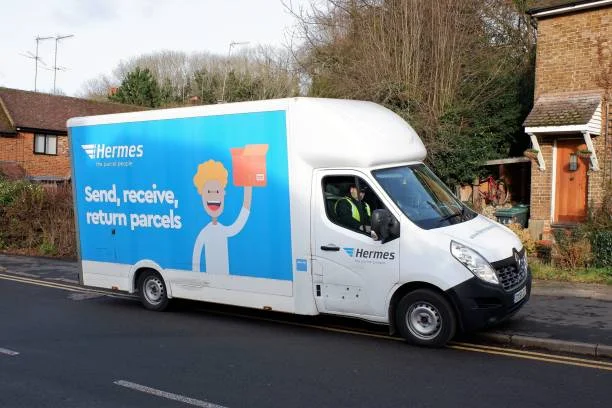The UK delivery industry is facing a period of rapid change. Rising fuel prices, growing environmental concerns, and the sheer scale of online shopping have placed huge pressure on logistics companies to adapt. One of the most promising innovations is the rise of the ‘sharing economy’ within courier services.
This shift focuses on using existing resources more efficiently, especially vehicle space and driver availability. Rather than sending out empty or half-full vans, smarter delivery networks are matching deliveries with drivers already heading in that direction.
The Courier Problem
Traditional courier models are often built for uniformity. Parcels are shipped via central depots, placed into vans, and delivered in rounds. It works for small, lightweight items, but becomes wasteful when transporting odd-sized packages or serving remote areas.
Tens of thousands of vans on UK roads travel with space to spare every day. That’s a lost opportunity not just in efficiency, but in cost and carbon reduction.
Smarter, More Sustainable Logistics
Porta Delivery is part of a growing number of companies changing this model. Instead of booking a dedicated vehicle, customers are matched with drivers who already have the right route and space available. The result is:
- Lower costs through efficient route sharing
- Faster delivery with same-day and next-day options
- Less waste thanks to reduced mileage and emissions
By operating as a dynamic network rather than a fixed courier system, Porta can offer nationwide coverage while using fewer vehicles more effectively.’
You might also like: A fresh take that complements what you just read.
A Win-Win for Drivers and Customers
Drivers benefit by filling empty space and earning more per journey. Customers gain access to affordable, on-demand transport without the need for logistics experience or packaging know-how.
From students moving to a new flat, to online sellers needing to deliver an awkwardly-shaped item, the range of use cases is vast. Furniture, suitcases, fitness gear, and white goods are all common requests through the Porta platform.
Tech-Enabled Simplicity
What makes this model work is technology. Porta’s booking system allows customers to:
- Get instant quotes based on size, distance, and urgency
- Choose between delivery speeds (same-day, next-day, scheduled)
- Track their delivery in real time
- Speak directly to the assigned driver
It’s a streamlined process that removes the usual frustration of logistics management.
The Bigger Picture
Porta isn’t just about cost savings. The bigger win is in reducing the carbon footprint of delivery services of Sharing Economy. By making better use of existing transport, fewer vehicles are needed on the road, which translates into lower emissions across the board.
It also aligns with changing consumer behaviour. People now expect flexible, eco-conscious delivery as standard, particularly when buying large second-hand items or supporting local sellers.
From Local Moves to National Coverage
Porta’s reach spans the entire UK, from major cities to rural villages. The company is trusted by thousands of individuals and businesses needing a dependable, affordable delivery partner.
Whether you’re delivering a mattress across town, a bike to another city, or helping someone collect a second-hand wardrobe from 200 miles away, Porta is built to make that job simple.
As logistics continues to evolve, platforms that prioritise shared journeys and intelligent matching will lead the way. Porta Delivery is a clear example of how the sharing economy can transform even the most established industries.
Ready for a deeper dive? Our most popular pieces live at Management Works Media.






